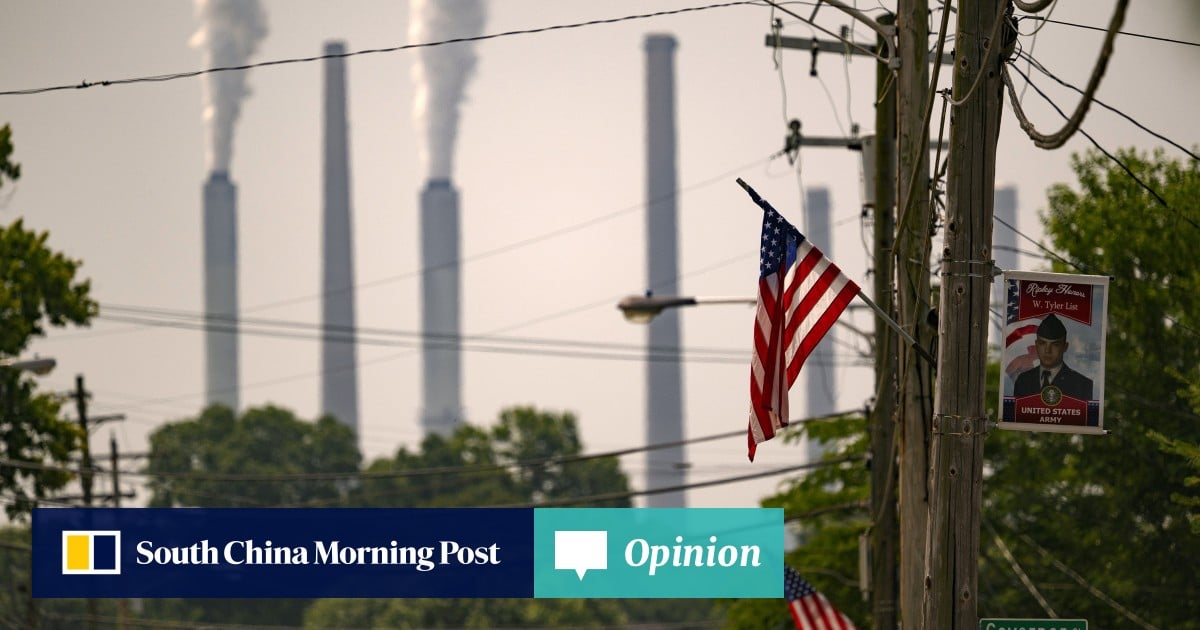
Global energy investment is projected to reach US$3.3 trillion this year, with some US$2.2 trillion directed towards clean technologies, double the amount flowing into fossil fuels. Yet beneath these impressive figures, a crisis of confidence is unfolding.
Advertisement
During the first half of this year alone, companies cancelled or scaled back more than US$22 billion in clean energy projects in the United States. These included high-profile battery facilities, storage systems and electric vehicle factories, resulting in about 16,500 job losses.
Major investors are retreating from net-zero alliances, and energy companies such as Equinor are writing down hundreds of millions in offshore wind investments because of regulatory uncertainty. The culprit isn’t technological inadequacy or lack of capital – it’s politics. The erosion of political will driven by populist pressures is reshaping climate policy across the world.
Leaders are walking back commitments, framing climate action as incompatible with affordability and energy security. The most significant threat to net-zero ambitions today isn’t engineering challenges but the systematic dismantling of policy frameworks that made the transition viable.
Populism offers simple narratives for complex problems. Climate policy, with its deferred benefits and immediate costs, presents an ideal target. Across the world, politicians under electoral pressure are rolling back carbon pricing, weakening emissions targets and promoting fossil fuel expansion as economic salvation.
Advertisement
The political logic is ruthlessly straightforward. Carbon taxes and emissions regulations impose visible costs today while climate benefits remain abstract and distant. Populist leaders exploit this disconnect, positioning themselves as defenders of ordinary people against elite environmental agendas.


